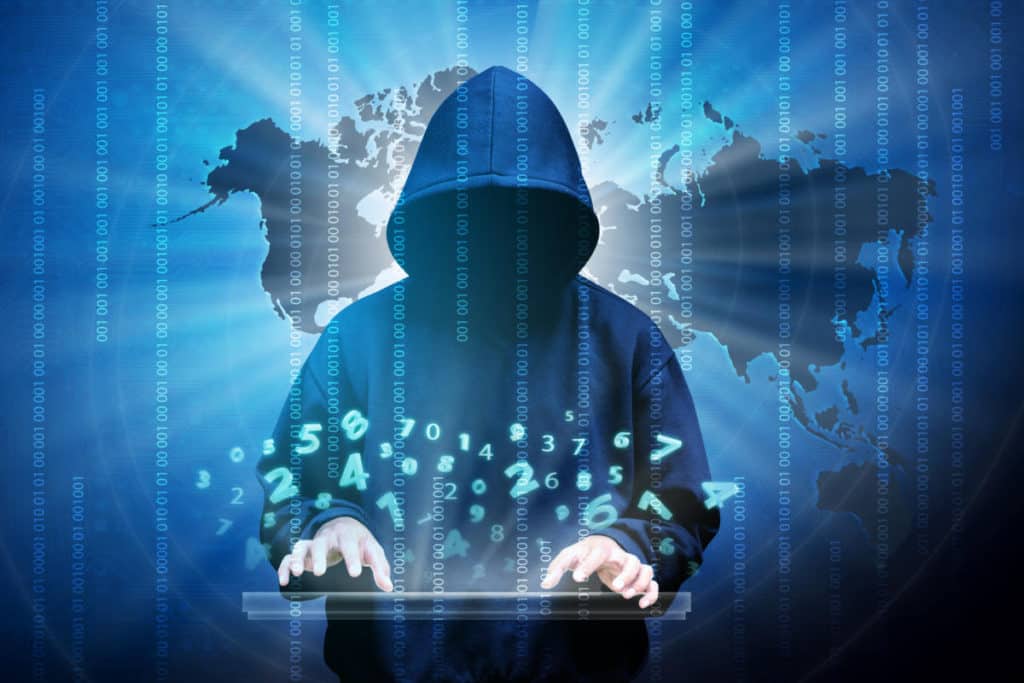
By Janet Bear
On Tuesday, May 11th, attendees of The Larchmont Mamaroneck Local Summit webinar heard from two leading experts about the rising numbers and types of cyber schemes, and learned how to protect themselves, their families and their information.
Michael Delohery, Assistant District Attorney and Bureau Chief of the Cybercrimes Bureau of the Westchester County District Attorney’s office indicated that today’s most frequent cybercrimes are phishing (attempts to get your personal information) spear phishing (like phishing, but personally tailored to you), hacking (unauthorized access to or control over a computer network security system for some illicit purpose) and child cybercrimes.
Kenneth Citarella, Senior Managing Director, Investigations and Cyber Forensics and Chief Privacy Officer at Guidepost Solutions, LLC, stated that these crimes can be targeted to both phones and computers. “Human error underlies most computer crimes.” A victim does something foolish by calling a number (and providing personal information) or clicking on a link in an email (and enabling malware to attack your system). Delohery reminded us to “think before you click,” and if your gut is urging caution, listen!
Delohery stated that if your computer is compromised, the first step is to shut it down and disconnect from the Internet. (Without an Internet connection, hackers can’t influence your computers.) Then run malware or anti-virus programs. If a serious crime has been committed, report it to the Westchester DA’s office and your local police.
If your personal information maintained by a third party has been compromised, Citarella encourages victims to freeze their credit. If you plan to make a major purchase, you can always unfreeze it for a 24-hour period or get a one-time use pin number for merchants.
Online shopping has dramatically increased during the pandemic, and Citarella provided some tips to keep us safe. Shop with familiar retailers, particularly for higher price purchases. Use common sense. If you are purchasing from an unfamiliar merchant, do some background work, such as a Google search. Don’t store your credit card number with merchants. Establish separate email addresses for online purchases. Always use different user IDs and passwords for each account.
How can we protect our children on the Internet? Unfortunately, a major portion of Delohery’s work is with child sexual exploitation. His advice, tell your child “don’t go on the Internet!” While that isn’t likely, both speakers emphasized that parents must monitor and communicate with their children. Children will confuse knowledge with judgment. They may know how to use the Internet, but often don’t have the judgment about how it should be used. It’s the parents’ responsibility to monitor and advise their children. Talk to them about Internet safety. Look at their “friends” list on social media and ask questions about names you don’t recognize. Delohery visits PTAs from elementary school through high school to educate and advise parents of the important role they have – to educate their children on Internet safety.
Delohery offered some thoughts on protecting your business (or personal) computers from ransomware (a malicious software that prevents you from accessing your files and demands you pay a ransom for their return). Back up your files regularly, perhaps daily! If you have a recent back up, you can wipe your computer and move your data from the back up to your system. Citarella noted that the FBI recommends not paying a ransom because it encourages organized crime. Also, it is illegal for Americans to engage with criminal organizations.
Remember, most cybercrimes are due to human error. Think before you click, and back-up your data on a regular basis.
The Larchmont-Mamaroneck Local Summit thanks LMC Media for facilitating this webinar. To learn more about LMC Media go to, lmcmedia.org . The next meeting of The Larchmont-Mamaroneck Local Summit will be on September 14, 2021. Information on the program will be available later this summer on the website, localsummitlm.org.





